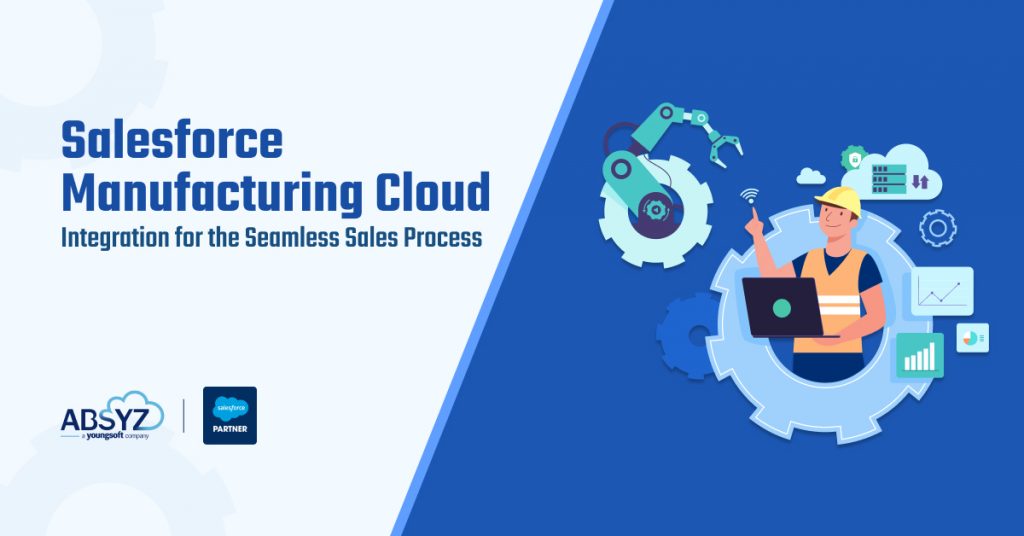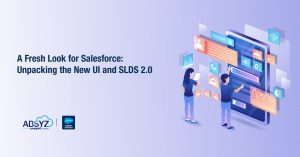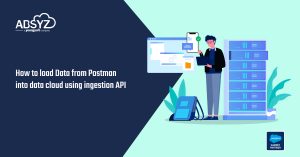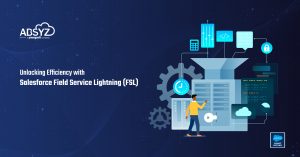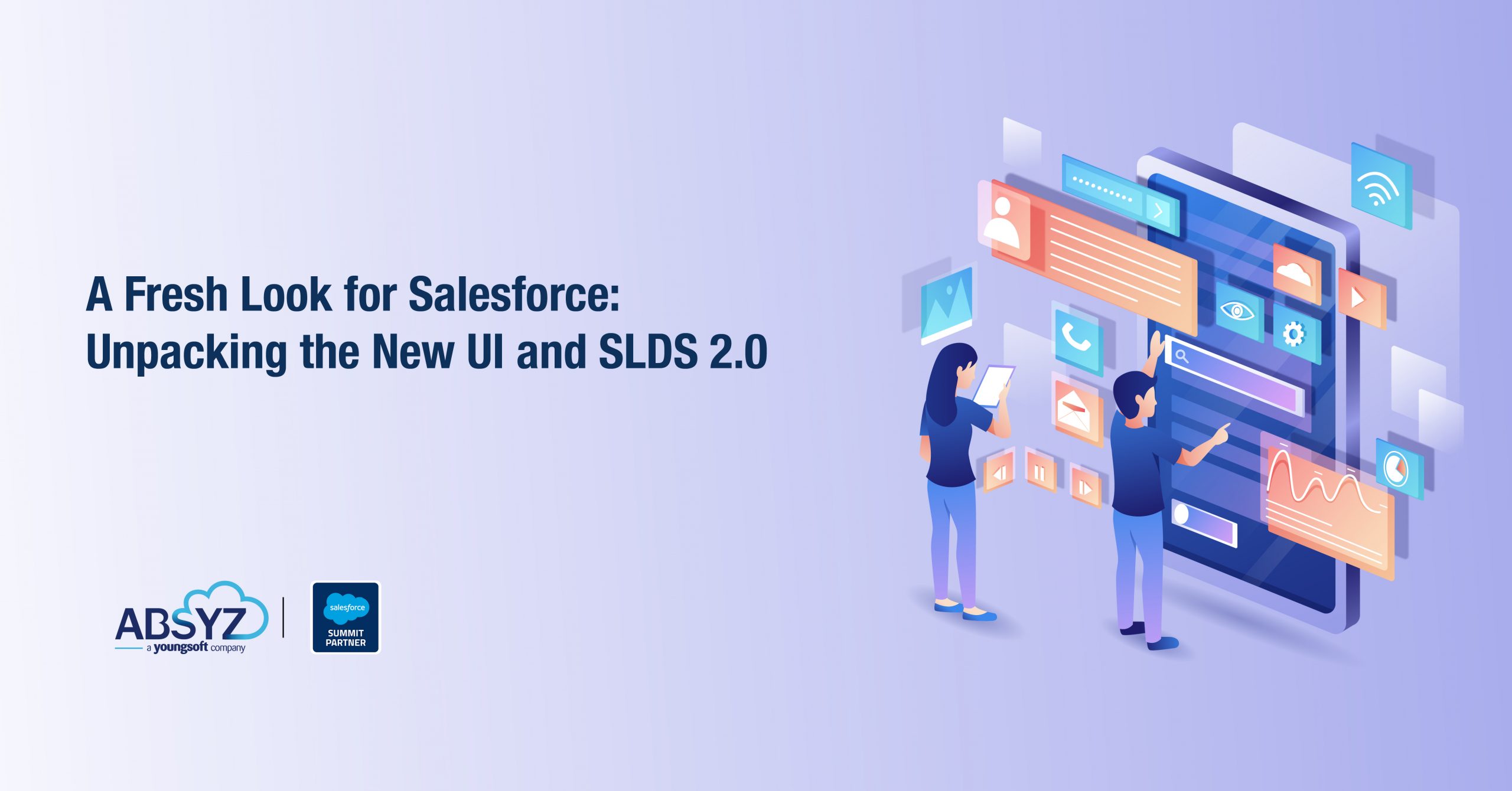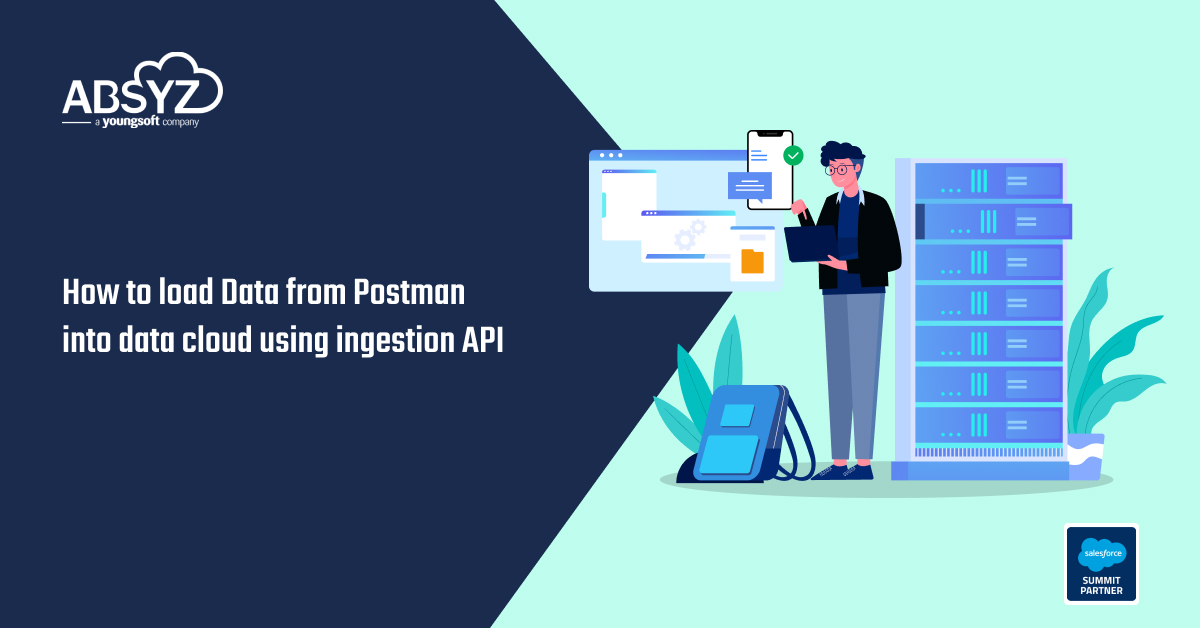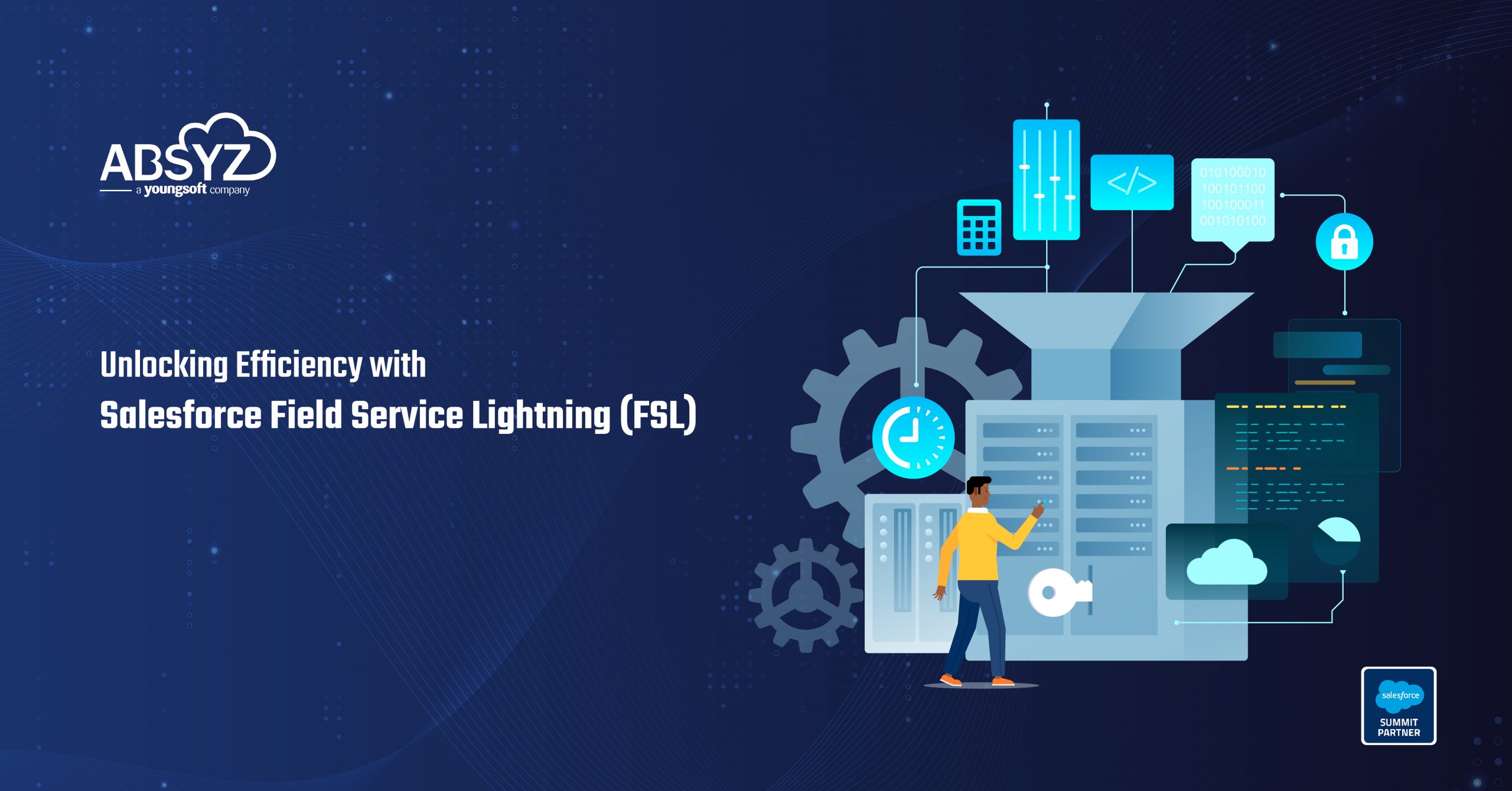There has been a lot of buzz around the Salesforce Manufacturing cloud capabilities. We are sure all the resources available on the internet talk about how it provides a unified platform that connects sales, operations, and finance teams and streamlines collaboration and improves visibility across the entire manufacturing process. They discuss how it comes with capabilities to manage demand forecasting, inventory management, Order management and so much more! Perhaps It’d be helpful to know more about when and how some of these features can make life easier for a particular team, right?
Allow us to walk you through a day in the life of Alex Weber. He works at Elite Motors, a premier German car parts manufacturer who supplies mainly starters and alternators. Alex is a sales manager and is in charge of bringing in the sales numbers from Eastern Europe. He sees an opportunity with Jacob Wagner, from Mercedes Benz which could eventually lead to a long term partnership
1) Lead Capturing:
Alex starts by engaging with Jacob through site visits, phone calls and notes down his product requirements on Salesforce. With the information collected he is able to understand that Mercedes Benz can be converted to a customer from a lead with potential..
2) Opportunity and Quote Management:
Mercedes Benz is now officially a customer with Elite Motors! Go Alex! Next step would be to create and track the opportunity with Benz. Alex will have to assign a price book for Benz which usually depends on how much business the customer brings in and loyalty aspects. A price book is a list of all the products that the manufacturer offers along with the associated price, which can also be customized based on the type of customer. Alex communicates his requirements to Alex
who then prepares a quote with all necessary details. The quote document is sent out to Jacob after internal approvals. It is then digitally signed by both parties with the help of Docusign integration. At this point the opportunity is marked as “Closed Won”.
3) Sales Agreement:
One of the primary goals for manufacturing companies is to constantly engage with the customer in order to ensure repeat purchases. This is achieved with the help of the “Sales Agreement” functionality built in the Salesforce Manufacturing Cloud which states the frequency and quantity of products to be sold to the customer.
For the recently won opportunity, Alex creates a sales agreement. Turns out Jacob requires the products to be supplied over the course of the next year. The details of the agreement are put together after Alex and Jacob discuss the timelines and quantity of the products to be delivered.
Alex has the flexibility to cancel or renew the agreement within 240 days.
4) Orders:
As soon as the sales agreements are in place, Order records can be created as per business requirements from Benz. The order information is consolidated on a daily basis automatically by Salesforce.. Automated flows are available to recalculate actual quantity and revenue values based on orders placed by customers across active sales agreements
5) Dashboards:
If Alex wants to understand and analyze how well his agreements are doing, the top selling products, key accounts etc in order to plan his next steps he can do so by visiting the OOB dashboards powered by Einstein Analytics, which will give intelligent insights that can be leveraged to drive more sales.
Salesforce Manufacturing Cloud Features
Salesforce Manufacturing cloud features have streamlined several processes at Elite Motors. Let us also have a look at the other features and the benefits that come along with them once implemented.
1) Account Forecasting and Advanced Account Forecasting
Account Forecasting allows manufacturers to have a streamlined process for creating sales forecasts based on historical data, market trends, and customer insights, thereby facilitating informed decision-making and resource allocation. Advanced Account Forecasting enhances this capability by incorporating predictive analytics and machine learning algorithms to generate more accurate and dynamic forecasts. Together, these features empower manufacturers to optimize sales strategies, anticipate market demand, and drive sustainable business growth..
2) Visibility to Inventory Data
The Salesforce Manufacturing cloud acts as an interface between salesforce and the ERP or OMS which is existing with the organization, where the quotation details, product details and price details are fetched from the salesforce database and real time order details are fetched from the existing ERP/OMS database. By combining and analyzing the data fetched from both the systems, it will give better insight of the forecasted and actual sales.
3) Warranty Management:
The comprehensive warranty management features offered with this cloud enable manufacturers to centralize warranty data, automate tracking processes, and integrate with service workflows for streamlined claim management. The platform also supports customer self-service portals for convenient access to warranty information and claims initiation. Overall, Salesforce Manufacturing Cloud empowers manufacturers to efficiently fulfill warranty obligations, enhance customer satisfaction, and drive operational efficiency.
4) Key Account Manager Targets
The Account Manager Targets feature allows manufacturers to set and track sales targets for individual account managers. This feature enables manufacturers to align sales objectives with strategic goals, monitor progress towards targets in real-time, and adjust strategies as needed to maximize sales performance. By providing clear visibility into individual and team performance metrics, Account Manager Targets empower manufacturers to optimize sales efforts, drive revenue growth, and enhance overall business outcomes.
Conclusion:
The Salesforce Manufacturing Cloud stands out as a unique solution for manufacturers due to its comprehensive suite of capabilities tailored specifically to the needs of the manufacturing industry. Its ability to connect sales, operations, and finance teams in real-time fosters collaboration and enhances visibility throughout the manufacturing process. With its scalability, flexibility, and industry-specific functionality, Salesforce Manufacturing Cloud empowers manufacturers to streamline operations, drive innovation, and achieve sustainable growth in today’s competitive market landscape.

